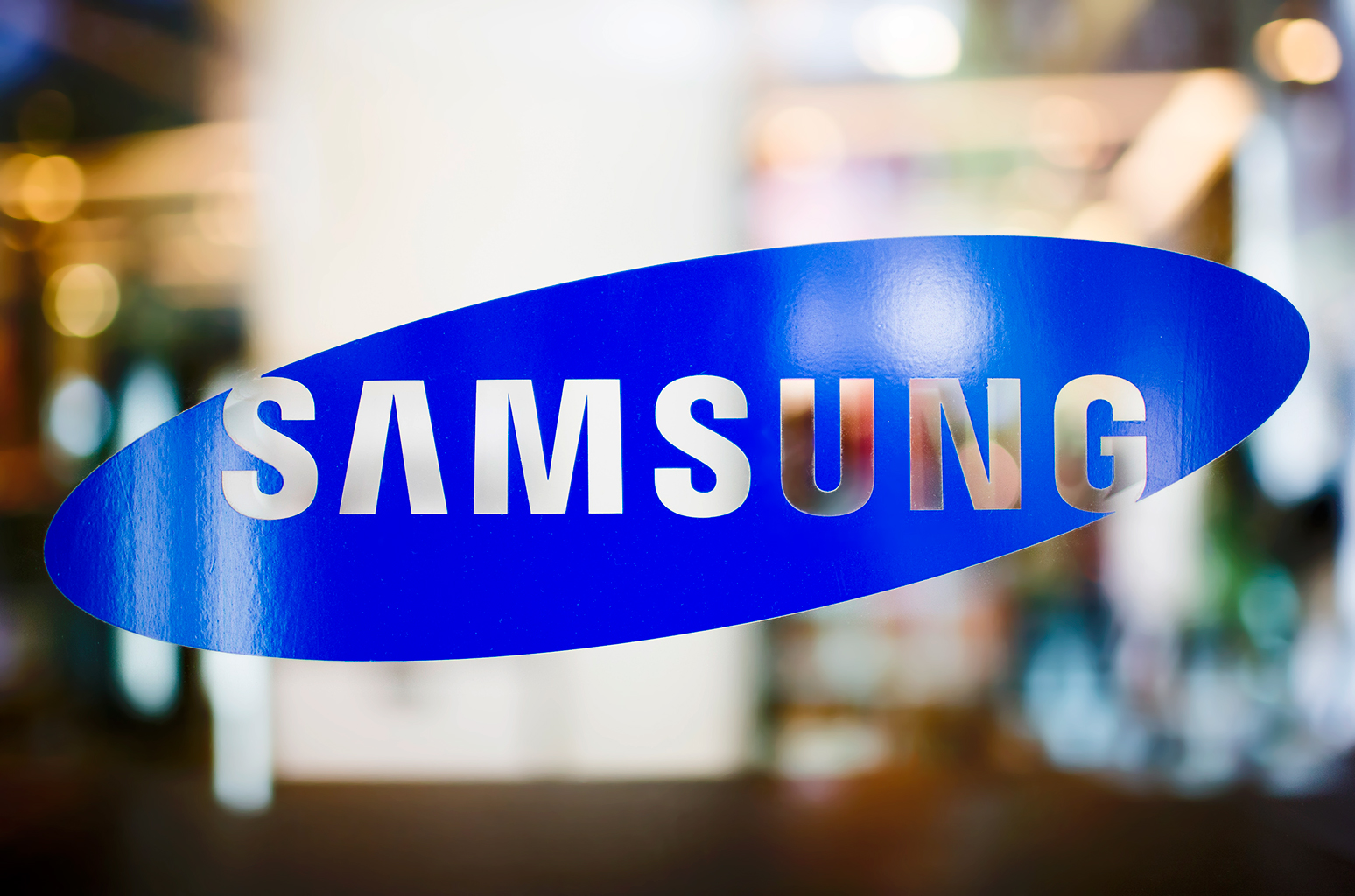Samsung, a global conglomerate based in South Korea, has firmly established itself as a leading force in the world of technology and innovation. Founded in 1938 by Lee Byung-chul as a small trading company, Samsung has grown into a diversified empire with interests spanning electronics, semiconductors, heavy industry, shipbuilding, and more. This article will delve into the rich history, remarkable achievements, and the impact of Samsung on the global technology landscape.
Historical Origins
Samsung’s journey began in the city of Daegu, South Korea, when Lee Byung-chul initiated a trading company called Samsung Sanghoe. Initially, the company dealt with groceries, noodles, and textiles. Over time, Samsung diversified into various sectors, including food processing, insurance, securities, and textiles. The name “Samsung” itself means “three stars,” symbolizing something large, numerous, and powerful, indicative of the company’s ambitions.

Electronics Revolution
Samsung’s foray into the electronics industry marked a significant turning point in its history. In the late 1960s, the company ventured into the production of black-and-white televisions and expanded rapidly, making a name for itself in the Korean market. By the 1970s, Samsung had started manufacturing its own semiconductors and became one of the world’s leading semiconductor manufacturers.
The 1980s and 1990s saw Samsung’s electronics division flourish, as the company introduced its first mobile phone, began producing liquid crystal displays (LCDs), and expanded into home appliances and consumer electronics. Samsung’s innovation and commitment to quality started to gain international recognition, setting the stage for its dominance in the years to come.
Mobile Revolution and the Galaxy Series
In 2000, Samsung made a significant impact on the mobile industry with the release of the SPH-M100, its first mobile phone with an integrated MP3 player. However, it was the Samsung Galaxy series that truly catapulted the company into the smartphone arena. In 2010, the Samsung Galaxy S marked the beginning of a series that would eventually become one of the most popular and successful smartphone lines in the world.
Samsung’s dedication to innovation is evident in its smartphones, known for their cutting-edge technology, high-quality displays, and advanced camera systems. The competition with industry giants like Apple and Google has fueled Samsung’s drive to continuously push the envelope, resulting in the development of foldable phones like the Galaxy Z Fold series and the introduction of 5G technology.

Semiconductor Dominance
One of Samsung’s most significant contributions to the global tech landscape is its semiconductor division. Samsung Semiconductor has consistently ranked among the world’s top semiconductor manufacturers, producing a wide range of products, including memory chips, processors, and display panels.
The company’s role in advancing semiconductor technology is pivotal. Samsung’s development of advanced NAND and DRAM memory has played a crucial role in the evolution of computing devices and data storage. Additionally, Samsung’s Exynos processors have powered many of its own devices and have been licensed for use in various other brands’ smartphones.
Environmental Responsibility and Sustainability
Samsung has taken steps to become a more environmentally responsible company. In recent years, it has made commitments to reduce its carbon footprint and transition to more sustainable practices. This includes efforts to reduce greenhouse gas emissions, increase the use of renewable energy sources, and design eco-friendly products.
Samsung’s sustainability initiatives extend to the development of eco-friendly packaging and the use of recycled materials in its products. The company is also involved in various community and philanthropic efforts aimed at addressing social and environmental challenges.

Challenges and Controversies
Despite its many achievements, Samsung has faced its fair share of challenges and controversies. Legal battles with competitors, patent infringement disputes, and issues surrounding product quality and safety have all tested the company’s resilience. The infamous 2016 Galaxy Note 7 recall due to battery issues serves as a prominent example of a product setback, which Samsung swiftly addressed to protect its reputation.
Future Prospects:
Looking ahead, Samsung faces both challenges and opportunities in an ever-evolving tech landscape. The company remains at the forefront of the race for innovation, particularly in areas like artificial intelligence (AI), quantum computing, and next-generation telecommunications. Its continued investment in research and development ensures that it remains competitive in emerging fields. Additionally, Samsung’s expanding ecosystem of interconnected devices and services, from smart appliances to wearables, positions it to play a significant role in the growing Internet of Things (IoT) market.
However, Samsung also grapples with intensified global competition and geopolitical tensions that impact its supply chain and market access. The balance between innovation and sustainability will become increasingly important as environmental concerns gain prominence. Navigating these challenges while staying true to its core values of excellence and customer-centricity will determine Samsung’s trajectory in the coming years.

Impact on Society:
Beyond its technological prowess, Samsung’s influence extends to society at large. The company’s commitment to corporate social responsibility includes initiatives aimed at education, healthcare, and disaster relief. Samsung’s involvement in education programs and digital literacy initiatives has helped bridge the digital divide in various parts of the world. Moreover, its contributions to healthcare technology, such as medical imaging equipment and telemedicine solutions, have enhanced access to quality healthcare services.
In times of crisis, Samsung has played a vital role in disaster relief efforts, providing financial assistance, resources, and technology to support affected communities. These actions demonstrate a broader commitment to social betterment, aligning with its corporate mission to “inspire the world with innovative technologies, products, and designs that enrich people’s lives and contribute to social prosperity.” As Samsung continues to evolve, its impact on society will remain a significant aspect of its legacy, reflecting a corporation that not only drives technological advancements but also cares for the well-being of people worldwide.

Samsung’s remarkable journey from a small trading company to a global technology giant is a testament to its commitment to innovation, quality, and adaptability. With a strong presence in a wide range of industries, from electronics and semiconductors to shipbuilding and construction, Samsung continues to shape the tech landscape.
As we move further into the digital age, Samsung’s role in driving technological advancements remains pivotal. Whether it’s through its groundbreaking smartphones, cutting-edge semiconductor technology, or sustainability initiatives, Samsung continues to leave an indelible mark on the world, cementing its legacy as a true powerhouse in the global technology industry.






